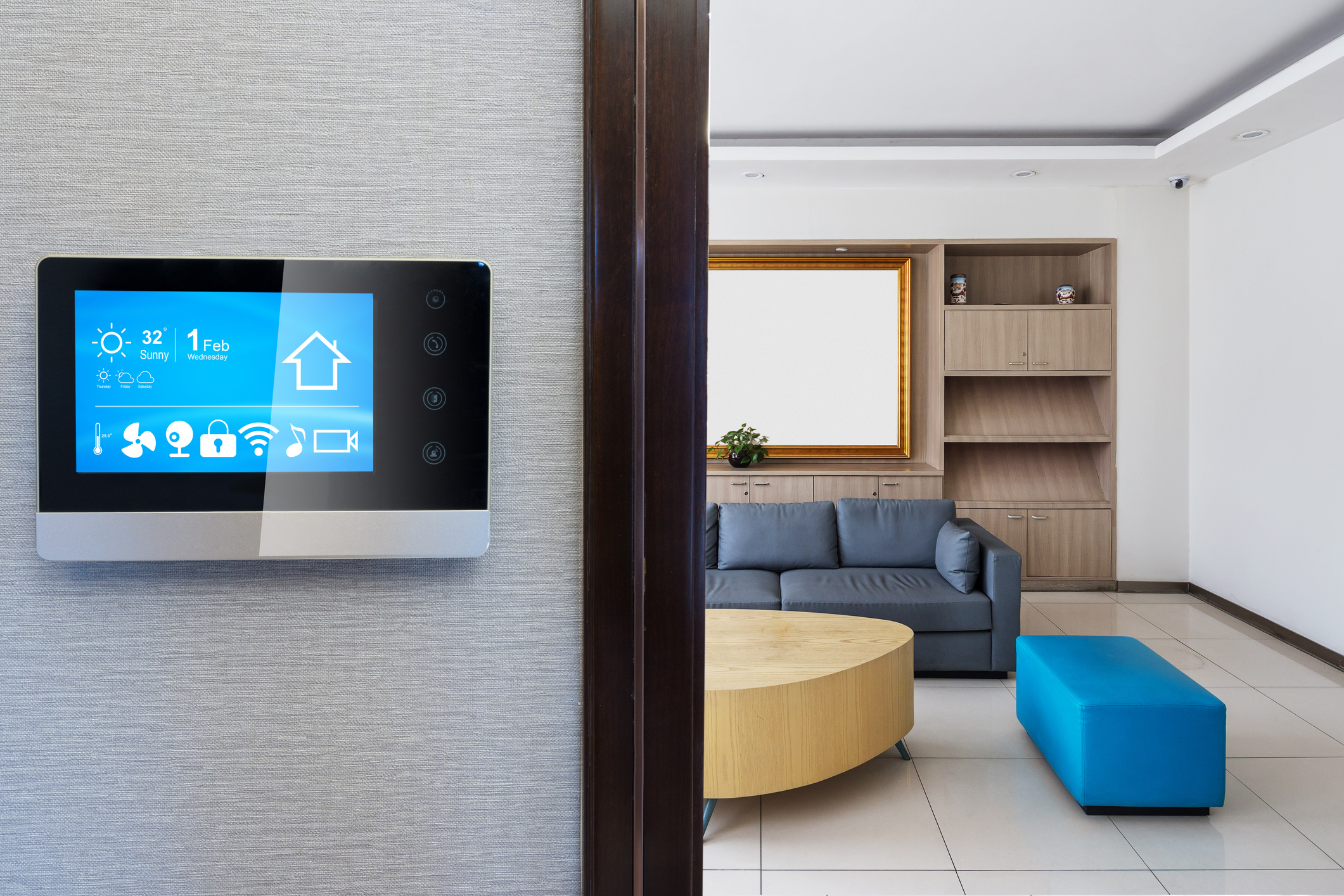Award Magazine, April 2018, by Stacey McLachlan
If you think of the walls, ceilings, staircases and floors as the bones of a home or office space, it’s the electrical and communication systems that are the heart. Though this important element can languish behind the scenes, builders and architects know the importance of these complex systems.
Efficiency and connectivity have always been key components of great electrical and communication systems, but in this age of smart homes and tech disruption, today’s home tools seriously up the ante. Knowledge about the value of energy-efficient choices has never been higher, so it’s no surprise that the quest for extreme energy efficiency is at the heart of almost all electrical engineering developments right now. “The biggest area of focus is on energy efficiency,” says Ben Rajewski, engineer at Williams Engineering Canada. “Green alternatives and using less power are key at this point in time.”
One other aspect that sophisticated owners are requesting on their large electrical systems is digital metering. “Owners are not satisfied with just the level of information a utility meter can provide,” says Rajewski. “Instead, they are requesting that we meter, in some cases, every panel in the building and split load classes so that the lighting can be separately measured from the power load or the mechanical load.” By metering all of the systems separately, owners are able to gain a large amount of data on how their building is actually operating, and where they are consuming the most power – and use that knowledge to better run things in the future. “Seeing these results, they are able to add efficiencies into their system using time clocks, the BMS, and checking to see why there may be large power draws,” Rajewski says.
With those projects under the control of municipalities or government bodies, buildings are now being designed and future-proofed more often with solar panels, but private developers are following suit, even voluntarily doing energy audits on buildings to ensure maximum efficiency from their electrical systems. Of course, it’s not necessarily an altruistic move: “They’re trying to figure out new ways to save money. There’s a lot of looking at existing buildings to see what could be done better,” explains Rajewski. “People are trying to get buildings close to net zero.” While it’s a choice for those wanting to save both the earth and a few bucks now, in the future it’s likely that solar panelling won’t be a choice, Rajewski predicts. Instead, bylaws or building codes may require builders to add solar panels on their buildings right away. For now, however, forward-thinking decision-makers are the ones leading the way and showing that it’s a beneficial choice overall.
Solar panels aren’t the only thing that the future is likely to bring to the world of electrical and communication systems. Lighting control is well on its way to becoming wireless, suggests Rajewski. “There’s kind of this big networking happening, where, for instance, you can walk into a grocery store and connect your phone and it can tell you where the cereal is and what cereal is on sale,” explains Rajewski. “We’ll be seeing more stuff like that, where everything is kind of connected via the Internet of Things, and you’ll be able to use lights to power that. With your phone and lights and communication systems everything can be integrated together. That’s where things are going.”
Read the full article AWARD Magazine: It’s Electric!
